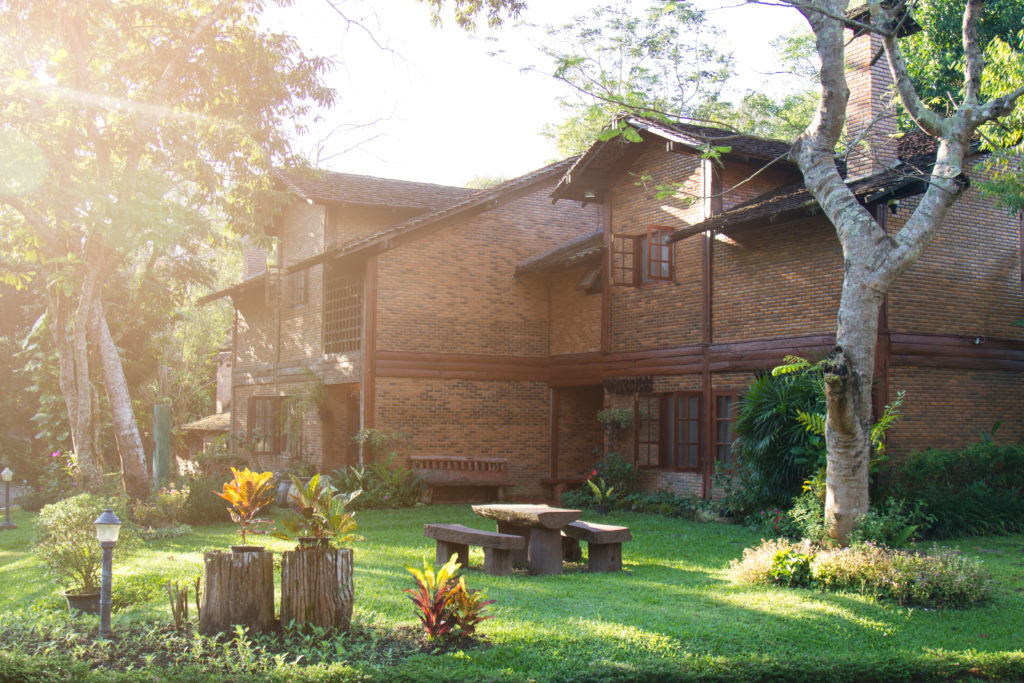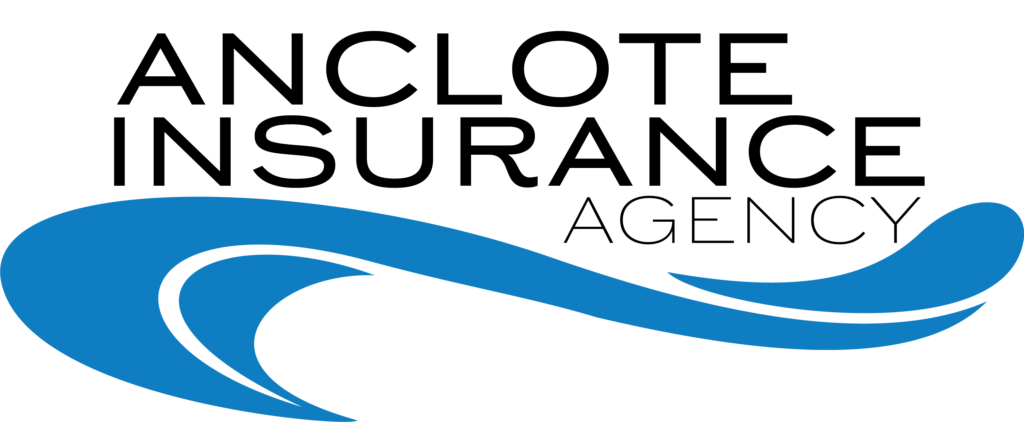
Homeowners & Renters Insurance
Home Insurance
Condo Insurance
Tenant Insurance
Renters Insurance

Compare Insurance Quotes
Get a free quote and explore different insurance companies' prices for the same coverage, and then instantly see your best rate.
Experienced Agents
Our agents are insurance industry veterans. Working with our team ensures that you are getting the best price with the proper coverage. We aren't here to sell you coverage you don't need.
Bundle & Save
We work with you to find the best prices and coverage as well as savings by covering all items.
Common Homeowners Questions
There are a number of things you can do to lower the cost of your homeowners insurance. The easiest thing to do is get a comprehensive review of your policy and needs from your local agent.
It is not surprising to find quotes on homeowners insurance that vary by hundreds of dollars for the same coverage on the same home. When you shop, be careful to make sure each insurer is offering the same coverage.
Another way to lower the cost of your homeowners insurance is to look for any discounts that you may qualify for. For example, many insurers will offer a discount when you place both your automobile and homeowners insurance with them. Other times, insurers offer discounts if there are deadbolt exterior locks on all your doors, or if your home has a security system. Be sure to ask us about any discounts for which you may qualify
Another easy way to lower the cost of your homeowners insurance is to raise your deductible. Increasing your deductible from $250 to $500 will lower your premium, sometimes by as much as five or ten percent.
The typical homeowners policy has two main sections: Section I covers the property of the insured and Section II provides personal liability coverage for the insured. Almost anyone who owns or leases property has a need for this type of insurance. Usually, homeowners insurance is required by the lender to obtain a mortgage.
Covered losses under a homeowners policy can be paid on either an actual cash value basis or on a replacement cost basis. When “actual cash value” is used, the policy owner is entitled to the depreciated value of the damaged property. Under the “replacement cost” coverage, the policy owner is reimbursed an amount necessary to replace the article with one of similar type and quality at current prices.
There are a number of factors you should consider when purchasing any product or service, and insurance is no different.
Here is a checklist of things you should consider when you purchase homeowners insurance:
- Determine the amount and type of insurance that you need. The coverage limit of your house should equal 100% of its replacement cost. If your policy limit is less than 80% of the replacement cost of your home, any payment from your insurance company will be less than the full cost to replace your home – you’ll have to pay the rest out of your own pocket. Also, decide if the personal property and personal liability limits are adequate for your needs.
- Determine which, if any, additional endorsements you want to add to your policy. For example, do you want the personal property replacement cost endorsement, an earthquake endorsement or a jewelry endorsement?
- Once you have decided on the coverage you want in your homeowners insurance policy, consult us. We will be able to help you determine if there are any gaps in coverage you might not have been aware of, explain the details of the policy’s exclusions and limitations as well as recommend an insurance company that will live up to your expectations.
The dwelling and other structures on the premises are protected on an “all risks” basis up to the policy limits. “All risks” means that unless the policy specifically excludes the manner in which your home is damaged or destroyed, there is coverage. The policy limit for the dwelling is set by the policyowner at the time the insurance is purchased. The policy limit for the other structure is usually equal to 10% of the policy limit for the dwelling.
Losses to your personal property are covered on a “named perils” basis. “Named perils” means that you have coverage only when your property is damaged or destroyed in the manner specifically described in the policy. The policy limit on the coverage is equal to 50% of the policy limit on the dwelling. Limits for the coverage for the additional expenses that the policyowner may incur when the residence cannot be used because of an insured loss is equal to 20% of the policy limit on the dwelling.
The coverage limit on personal liability is determined by the policyowner at the time the policy is issued. The coverage limit on medical payments to others is usually set at $1000 per injured person.
Personal property (except property that is specifically excluded) is covered anywhere in the world. For example, suppose that while traveling, you purchased a dresser and you want to ship it home. Your homeowners policy would provide coverage for the named perils while the dresser is in transit – even though the dresser has never been in your home before.
The standard insurance policy does not pay for direct damages caused by “earth movement.” “Earth movement” is a much broader term. It includes sinkhole, earthquake, volcanic activity and other earth movement. This coverage may be available by endorsement for an additional charge. If you live in an area that is more likely to have an sinkhole, you’ll pay more than if you live in an area that is unlikely to have an sinkhole.. We can help you weigh the costs and benefits of this coverage before you decide to purchase.
There are a number of factors you should consider when purchasing any product or service, and insurance is no different. Here is a short list of things you should consider when you purchase homeowners insurance. First and foremost, purchase the amount and type of insurance that you need. Remember that if your policy limit is less than 80% of the replacement cost of your home, any loss payment from your insurance company will be subject to a coinsurance penalty. Also, determine the amount of personal property insurance and personal liability coverage that you need. Second, determine which, if any, additional endorsements you want to add to your policy. For example, do you want the personal property replacement cost endorsement, the earthquake endorsement, etc..?


Common Renters Questions
A renters policy provides named perils coverage. This means that the policy only pays when your property is damaged or destroyed by any of the ways specifically described in the policy. These usually include:
- Fire or lightning
- Windstorm or hail
- Explosions
- Riots
- Aircraft
- Vehicles
- Smoke
- Vandalism or malicious mischief
- Theft
- Falling objects
- Weight of ice, snow, or sleet
- Accidental discharge or overflow of water or steam
- Freezing
- Sudden and accidental damage from artificially generated electrical current
- Volcanic eruptions (but this doesn’t include earthquake or tremors)
- Renters coverage applies to your personal property no matter where you are in the world. This means you’re covered when you are on vacation as well as at home.
Owners of apartment complexes buy insurance policies for their liability and to cover their buildings and personal property. However, these policies do not cover any of the tenant’s property or liability. By requiring their tenants to have renters insurance, the apartment owner is assured that the tenants will not mistakenly believe the apartment complex owner’s policy will provide coverage for a tenant’s property or personal liability. Although this type of requirement benefits that apartment complex owner, there are benefits to the renter as well. We recommend that you purchase renters insurance regardless of what your landlord requires.
